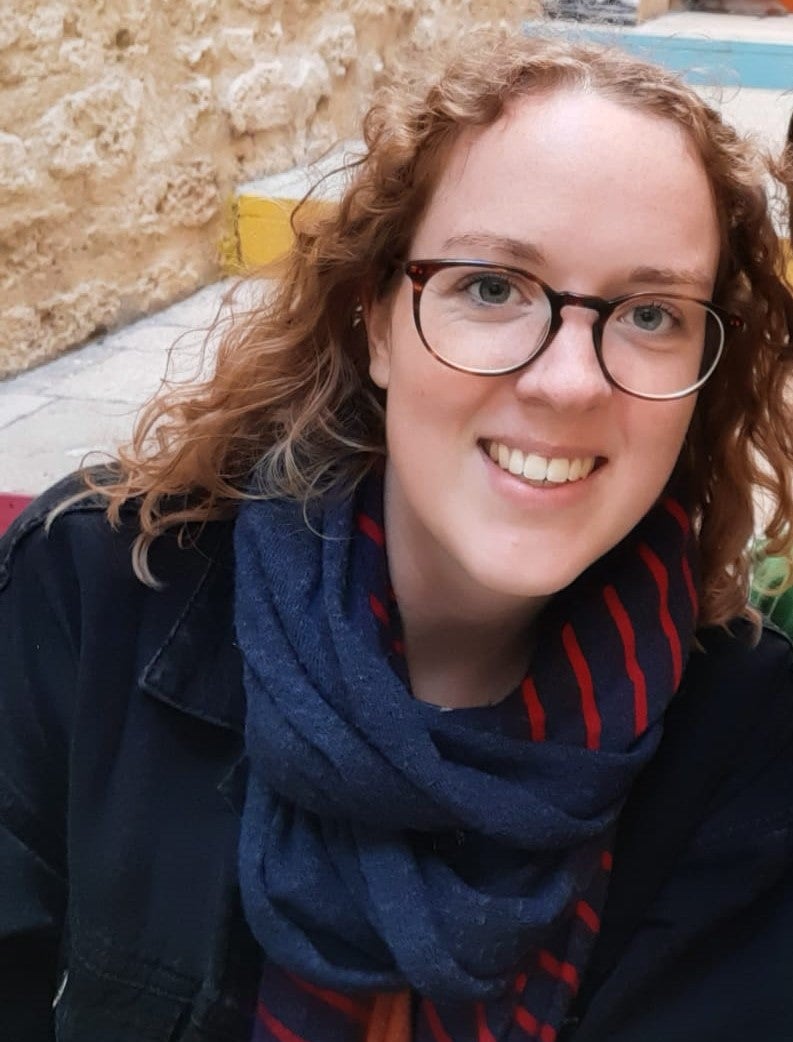Strategic evidence disclosure is an essential part of an investigative interview, as evidence disclosure can be used to encourage interviewees to share details they might not have been willing to reveal initially.
However, without understanding how to develop an evidence disclosure plan the evidence can easily be used incorrectly; it can cause unnecessary frustration and confusion for both interviewer and interviewee, it can damage the credibility of the interviewer, and it can even result in interviewees refusing to talk, or conversely, falsely confessing to a crime they did not commit.
In this course we will oversee what the research tells us about interviewing individuals that are cooperative, resistant, and deceptive. We will then consider the practical relevance of researched techniques and discuss how they can be translated into operational interview tactics. We will practice the techniques by using realistic case-examples and role-playing exercises.
This course is based on the training developed from a close collaboration between a researching scientist and a homicide detective. The following topics are covered:
Theoretical classes:
- Interviewing cooperative subjects
- Interviewing deceptive subjects
- Interviewing resistant subjects
Practical classes:
- Good questioning and active listening
- Evidence assessment
- Evidence slicing and resistance mitigation
- Good questioning
- Evidence disclosure
- Final exercise





